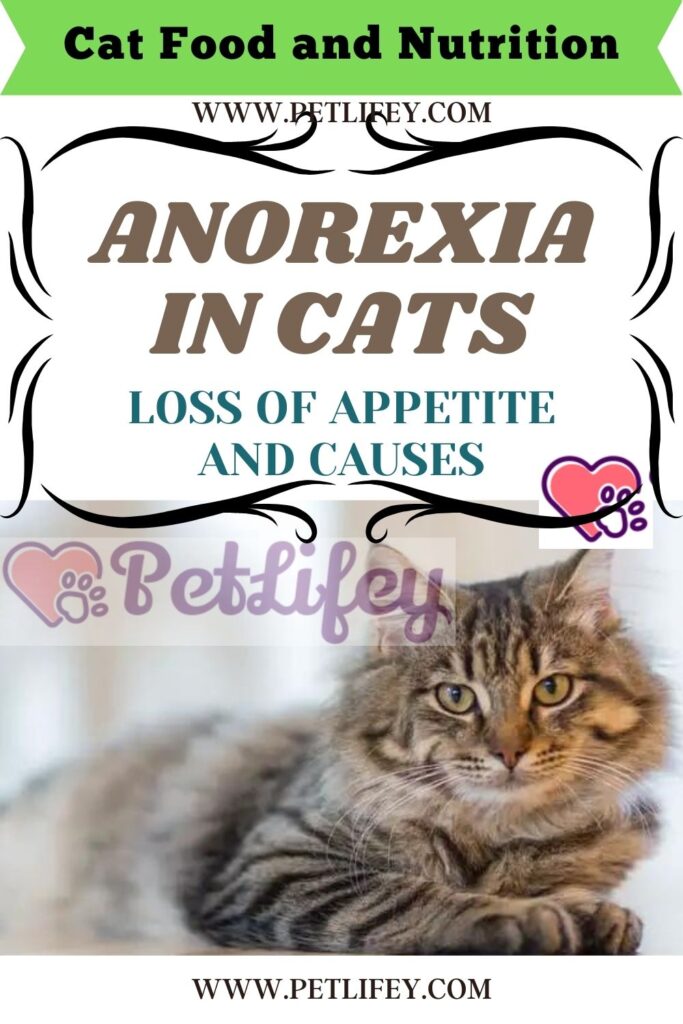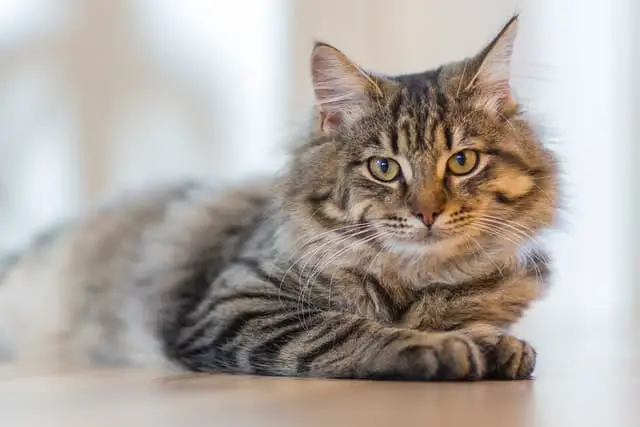
DEFINITION:
The term anorexia indicates the cat’s weight loss following a lack of nutrients or a lack of desire to eat. Appetite is psychological and is related to memory and association mechanisms. Otherwise, hunger derives from a physiological need of the organism when it needs nourishment.
The causes of anorexia can be multiple and related to a disease, usually associated with those of the gastrointestinal tract, kidney, haematological, ocular, oral, nasal and throat, skin, brain and many other organ diseases. Pain is one of the leading causes of weight loss. In less serious cases, the cat will refuse food for reasons of taste, change of house and sudden movement from one environment to another. Whatever the cause, loss of appetite can have serious consequences if present for 24 hours or more.
CAUSES :
The causes of anorexia are of a different nature:
- Psychological causes: Examples include moving to a new home, having a new person in the home or a new pet, and introducing a new diet.
- Medical causes: These are pathological processes that cause loss of appetite.
One of the major differences between psychological anorexia and disease-related anorexia is that the latter usually occurs in conjunction with other symptoms.
Symptoms of the medical cause are:
- excessive salivation
- He retched
- diarrhea
- lethargy
- weight loss
- wheezing
- infection
- sudden changes in behavior
DIAGNOSIS:
What are the procedures to be implemented for a correct diagnosis?
- Physical Exam: This includes oral examination, auscultation, abdominal palpation, body temperature and weight measurement.
- Complete blood count: biochemical profile and urinalysis to screen for certain diseases that can affect internal organs.
- Chest and abdominal
- Stool examination to look for the presence of parasites
MEDICAL THERAPIES:

The treatments we are going to do are of two types: specific and supportive.
Specific treatments are those that manage the cause until the problem is eliminated; for example foreign body surgery, dental operation, antibiotics and specific drugs.
Supportive treatments help support the cat’s health that is debilitated due to lack of food and are fluid therapy (intravenously or subcutaneously), administering appetite-stimulating drugs, feeding the animal manually, and other options. Supportive treatments are not the solution to the problem but are paliative interventions that support the animal in the recovery.






